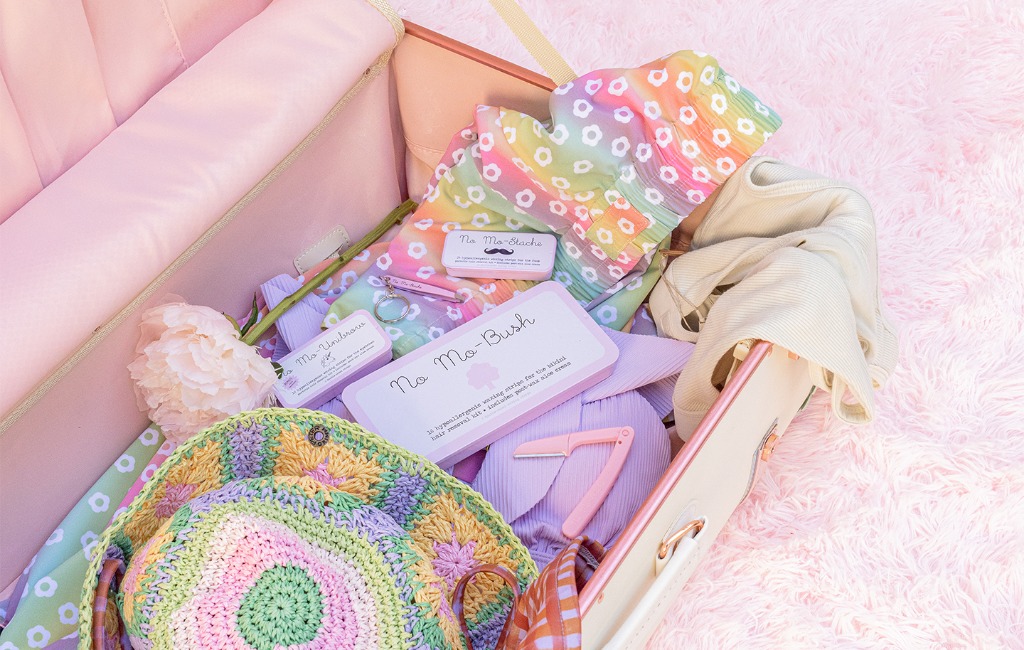Dreampad Sound Pillow
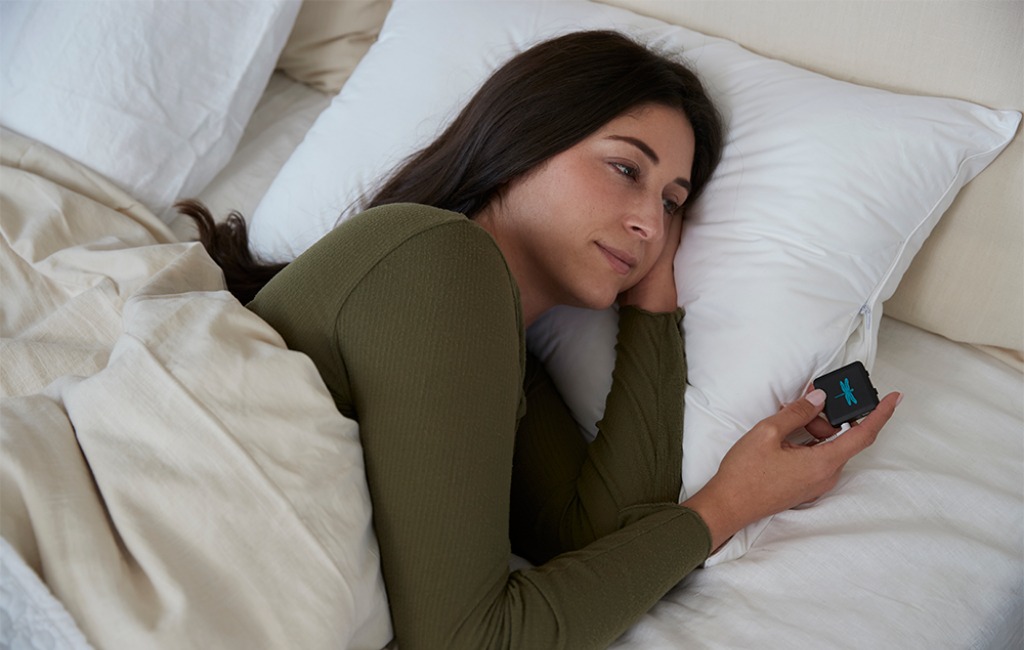
NO DEAL
EPISODE SUMMARY
🕓 Air Date: November 5, 2017
Asking For:
$800,000 for 10%
Investor:
No Deal
Deal:
No Deal
PRODUCT SUMMARY
Dreampad is a music pillow designed to reduce stress and improve sleep by playing music through vibration that only the person using the pillow can hear.
WATCH HERE
IN A RUSH?
Click these to jump to the section you want to read.
Background Story
Dreampad was founded by Randall Redfield, who recognized the widespread issue of poor sleep in America. The idea stemmed from his personal struggle with sleep deprivation, leading him to explore solutions beyond traditional methods like sound machines and aromatherapy. Redfield, along with his partner, invested $1.2 million over five years in developing Dreampad. The product aims to address a significant need in the market by offering a unique approach to improving sleep quality.
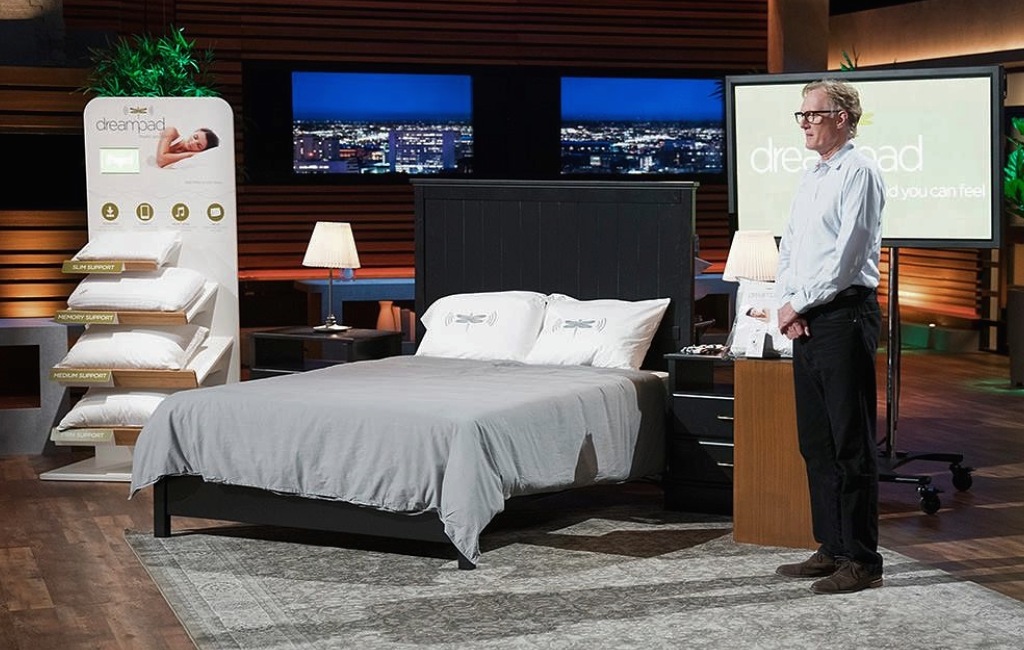
The Product
Dreampad is not just a pillow; it’s a relaxation tool that combines music and vibration to induce relaxation and improve sleep. The pillow has a patented design with transducers that play music through vibrations, ensuring that the music is audible only to the person using the pillow.
It comes in four different models, including faux feather and memory foam options. The product includes an app with ten music choices specifically crafted for sleeping, and users can also play their own music through a wireless connection.
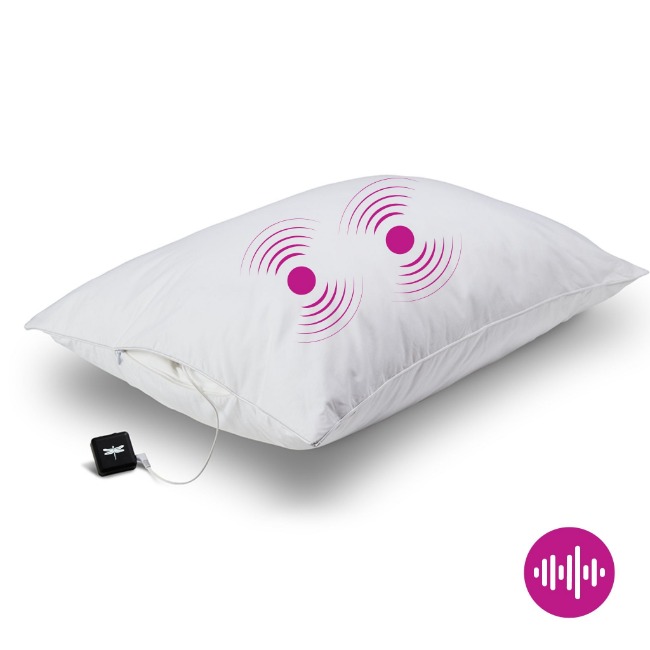
How It Went
The company’s position before Shark Tank
Dreampad had $600,000 in sales since its launch in November, with projections for the year at $1.2 million and a profit estimate of $150,000. The product is sold through various channels, including Amazon, direct-to-consumer, and retail. Dreampad boasts a 65% profit margin on its product. The founders have invested $1.2 million of their own money over the years and emphasize that the product is patented, addressing a critical need in the market with a well-established supply chain.

The Negotiations:
The Sharks were intrigued by Dreampad but were taken aback by the steep valuation of $800,000 for 10%. Despite positive feedback on the product, the Sharks expressed concerns about the high valuation and questioned the justification. The negotiations became challenging as Randall Redfield defended the valuation based on future projections, patents, and the product’s unique value proposition.
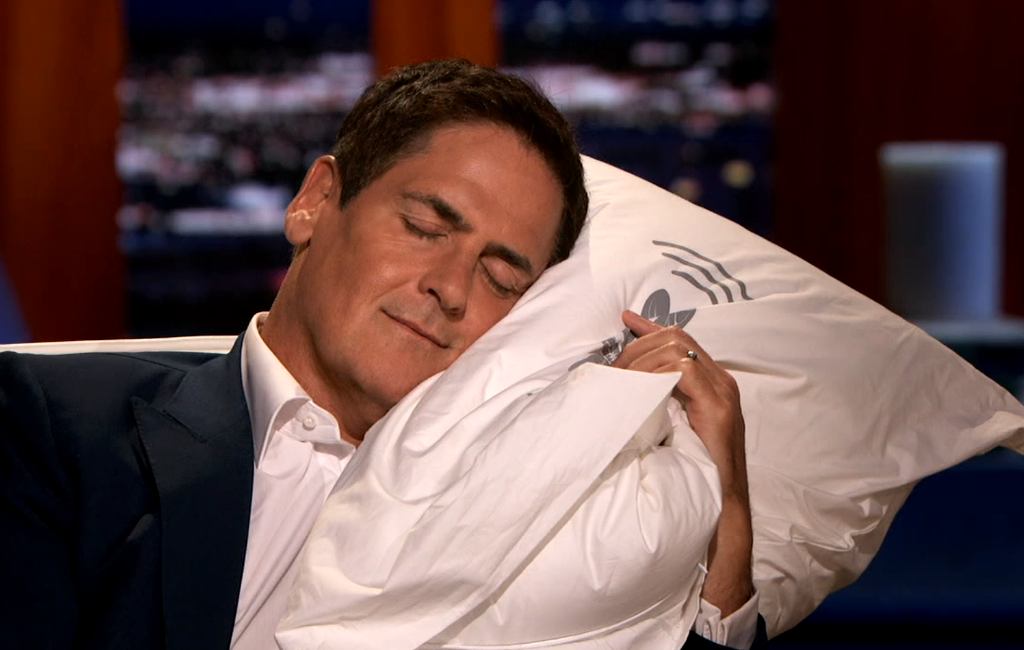
However, the Sharks found the valuation unrealistic, leading them to drop out one by one. Even after a counteroffer from Lori Greiner of $800,000 for 15%, the deal ultimately fell through, and Randall left the Tank without securing an investment. The Sharks cited the ambitious valuation as a major deterrent, emphasizing the importance of realistic expectations in the fiercely competitive business world.








